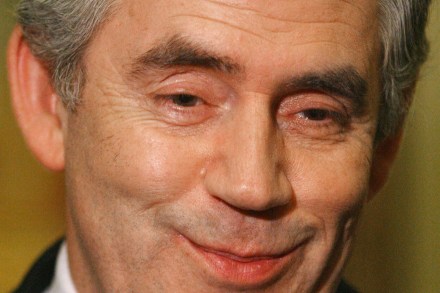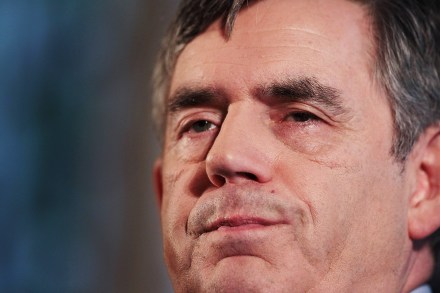Why we shouldn’t confuse poverty with inequality
The power of ideas is vastly underrated in British politics. It has become fashionable to dismiss them as “ideology” and declare oneself in favour of “what works”. But the idea of what works is, of course, driven by concepts. As Keynes put it: “Practical men, who believe themselves to be quite exempt from any intellectual influence, are usually the slave of some defunct economist.” I write this because ConHome has just run a piece by Max Wind-Cowie saying, “Equality should not be a dirty word for the Conservatives”. I do admire the way Demos, seeing Labour on the way out, is trying to inject as much of its agenda




















